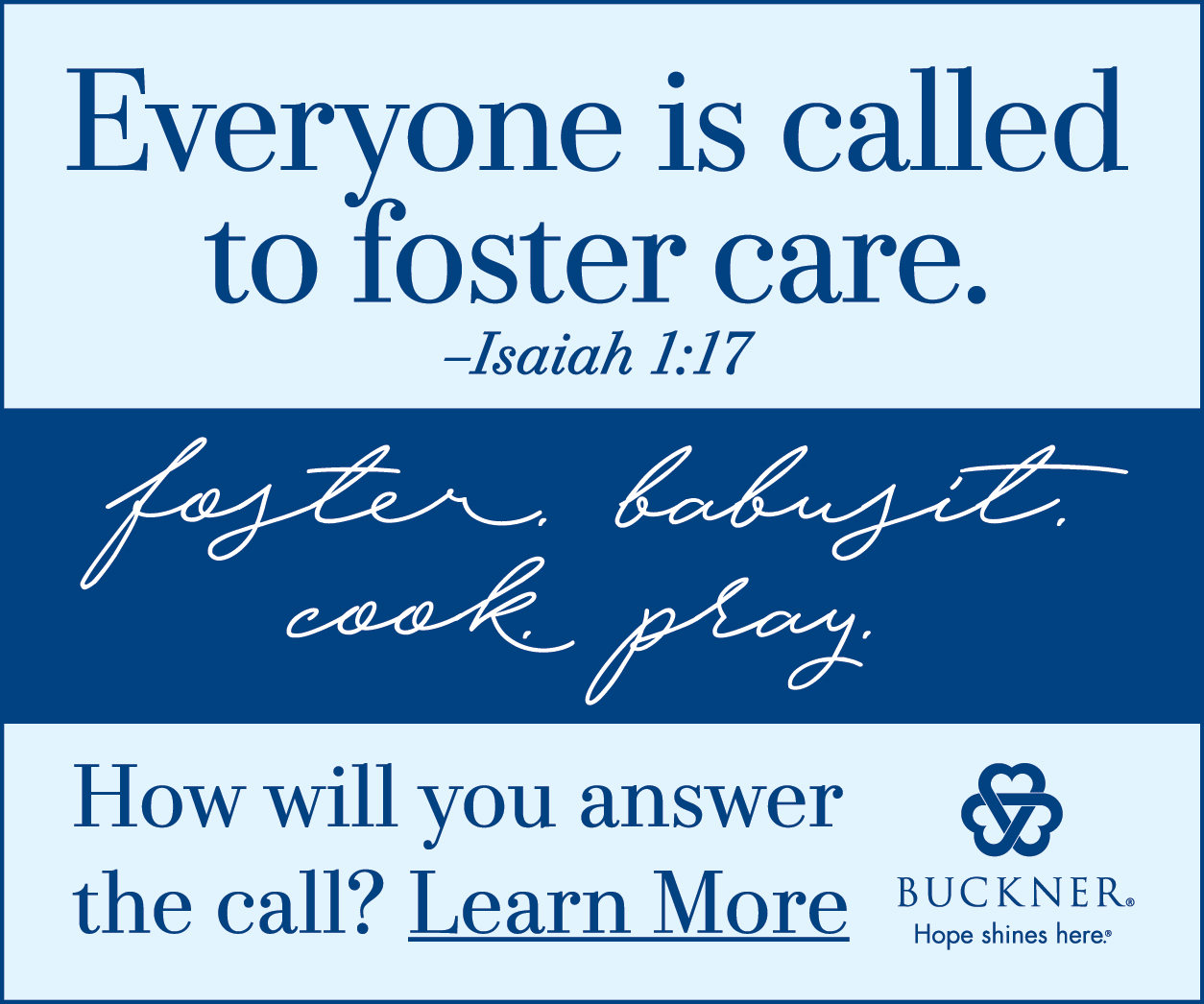WASHINGTON (RNS)—Laws meant to eliminate terror financing are targeting Muslims unjustly, interfering with their right to practice Islam and resulting in a decline in charitable giving, the American Civil Liberties Union has charged.
The 166-page report, “Blocking Faith, Freezing Charity,” said the laws undermine security, rather than fight terrorism. The U.S. Treasury Department quickly disputed the ACLU’s findings.
“Government actions are creating a climate of fear that’s chilling American Muslims’ exercise of their religion through charitable giving called Zakat,” said Jennifer Turner, a human rights researcher with the ACLU and the report’s author.
Zakat is one of five mandated “pillars” of the Islamic faith, along with prayer, fasting, pilgrimage and belief in one God. Zakat requires Muslims to donate 2.5 percent of their annual earnings to the poor, although many donate much more.
Many Muslims now are too scared to donate to charities because they are afraid they could be dragged into court or prosecuted for suspected ties to terrorism, the report asserted.
Turner, who spent the past year interviewing some 120 Muslim charity leaders, imams and donors, could not provide hard figures on how much Muslim giving had declined, either as a percentage or in real dollars.
Anti-terrorism laws allow the Treasury Department to designate charitable organizations connected to terror without notice or explanation, Turner said. So far, seven Muslim charitable organizations have been shut down under the new laws, he said.
The Treasury Department rejected the claim that it targeted donors.
“We’re increasing our engagement with the charitable community to help them protect against terrorist abuse of charity and to refine the guidance surrounding charitable giving,” said Natalie Wyeth, a Treasury Department spokeswoman.
Sign up for our weekly edition and get all our headlines in your inbox on Thursdays















We seek to connect God’s story and God’s people around the world. To learn more about God’s story, click here.
Send comments and feedback to Eric Black, our editor. For comments to be published, please specify “letter to the editor.” Maximum length for publication is 300 words.